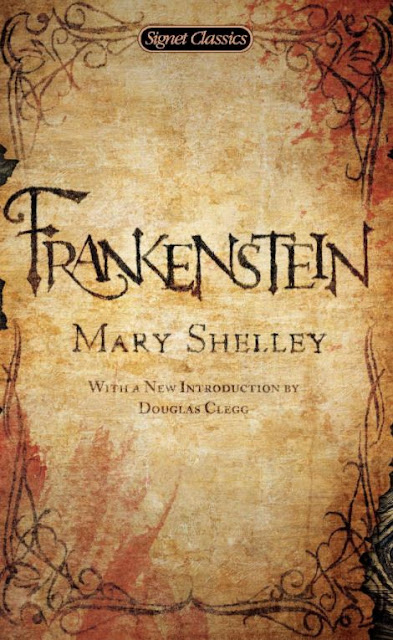"Frankenstein," by Mary Shelley, is the quintessential scientist playing god horror story and is still disquieting over two hundred years later. A lot of the "mad scientist" tropes got their start in this novel. As a scientifically minded person, I don't particularly enjoy that story beat, but I understand why it was so effective. In Shelley's day, there were many men of "science" and "doctors" who were dangerous quacks and butchers.
Grave robbing was a particularly ghoulish problem in Shelley's day because it was on unguarded corpses that a lot of medical students of the era practiced on. So the idea of an unscrupulous Dr. Frankenstein taking it even farther—to try and defeat death itself and create life was a ripe conclusion for Shelley to make; the association is obvious.
At all points of this book, however, I'm more on the Monster's side of this argument because he didn't ask to be made after all. Sure, I'm less so in his corner when he goes on a murdering streak, especially when he'd learned better, but still.
This preview is an Amazon Affiliate link;
as an Amazon Associate, I earn from qualifying purchases.


No comments:
Post a Comment